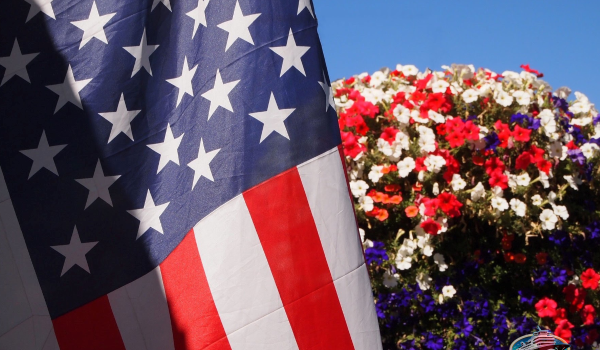Marine Master Plan: Designing the Ferry Fleet of the Future
Since 1964, the Cape May–Lewes Ferry has connected New Jersey and Delaware across the Delaware Bay, safely carrying millions of passengers and vehicles each year. To ensure the system continues to meet the region’s needs for decades to come, the Delaware River & Bay Authority (DRBA) has undertaken a comprehensive Marine Master Plan focused on the next generation of ferry vessels. This plan will guide how we replace and grow the fleet so that it remains reliable, efficient, and ready for the next 40 years of service.
The Marine Master Plan evaluates the current fleet, ridership trends, operating conditions, and future demand. It examines vessel capacity, loading and staging requirements, seasonal patterns, and customer experience to define the technical and operational requirements for new ferry designs. Summaries, reports, and technical reviews help ensure that every recommendation is grounded in data, safety, and long-term value for the communities we serve.
Planning and Design Partners
To support this work, DRBA engaged a team of industry-leading consultants, including KPFF and Elliott Bay Design Group. On June 27, 2023, these partners joined Director of Ferry Operations, Heath Gehrke, for a public information session to present vessel profile options, review design layouts, and outline the planning timeline. Attendees were able to see aerial views from a full-scale mock-up of one of the proposed car deck configurations, created directly in the staging lot to test clearances, lane markings, and loading efficiency.
Earlier that month, Elliott Bay Design Group representatives marked out a scale replica of the proposed car deck on shore and worked with Ferry Operations to conduct a live “mock load” using real vehicles. This exercise allowed the team to validate vehicle spacing, turning movements, and lane angles to ensure that the new vessel concepts can accommodate our full mix of customer vehicles while maintaining safe and efficient operations.
Preliminary Designs and Community Input
The June 27, 2023 public session also included a preliminary vessel profile poll, giving attendees an opportunity to voice their preferences among early exterior profile concepts. While these profiles are conceptual and do not represent a final design, they provide valuable feedback on the look and feel of a potential new vessel class. The Marine Master Plan Preliminary Vessel Profile Design Poll Results and the current preliminary exterior profile (as of July 2023) are available for review on this page.
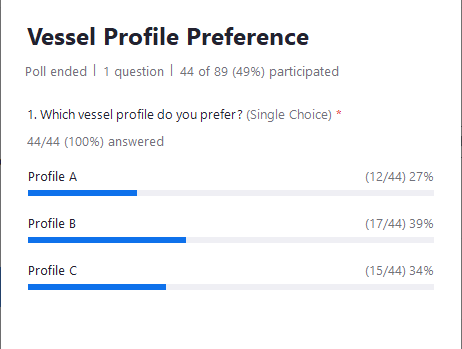
Design work is ongoing, and the preliminary vessel profile shown here is subject to refinement as engineering, regulatory review, and operational analysis continue. The Marine Master Plan will ultimately inform final design decisions for new ferries that balance capacity, safety, passenger comfort, environmental performance, and operational efficiency.
A Long-Term Vision for the Fleet
Since its launch, the Cape May–Lewes Ferry has carried more than 17 million vehicles and 46 million passengers on the 17-mile, approximately 80-minute crossing between Cape May, New Jersey and Lewes, Delaware. The Marine Master Plan builds on that legacy, evaluating how the fleet can continue to support regional mobility, tourism, and economic development well into the future.
By combining the DRBA’s operational experience with modern marine technology and best practices, the plan aims to deliver vessels that are more efficient, accessible, and environmentally responsible, while preserving the iconic ferry experience that passengers expect. The MV New Jersey and her sister ships have served the Bay for decades; the Marine Master Plan ensures that the next generation of vessels will continue that tradition of safe, dependable service.


Marine Master Plan
Reports, Archives, and Additional Information
For stakeholders who wish to review the technical details and recommendations, the final Marine Master Plan (MMP) report is available for online viewing or download:
Public Questions and Comments
DRBA and the Cape May–Lewes Ferry welcome public input on the Marine Master Plan and the future of the ferry fleet. You are invited to submit questions or comments using the form on this page.
Please note:
• All comments are subject to moderation.
• The review and posting process may take up to 24 hours.
• The comment section displays a maximum of ten user comments at a time; as new comments are approved, older comments may no longer appear, but all submissions are received, reviewed, and recorded.
• DRBA/CMLF reserves the right to withhold public display of any comment for any reason.
You may also email your questions, comments, or feedback directly to MarineMasterPlan@drba.net.
Upcoming Events
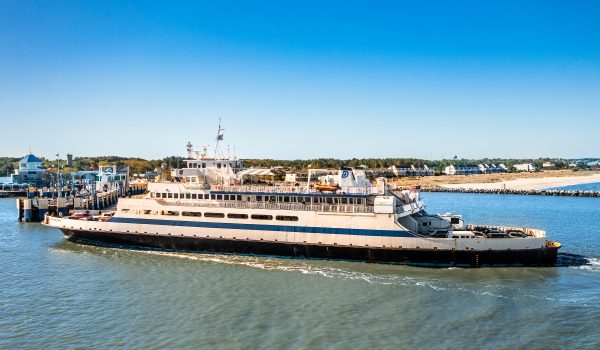
Public Hearing on Proposed Cape May–Lewes Ferry Fare Changes
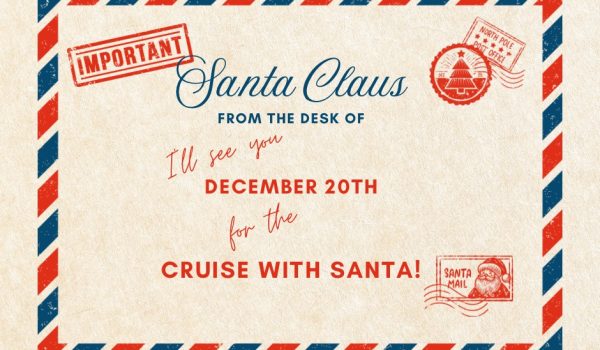
Cruise with Santa
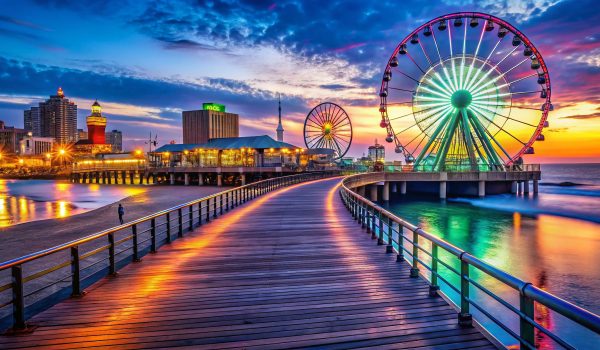
Lucky 7 Hard Rock Casino

Cape May Zoo Excursion
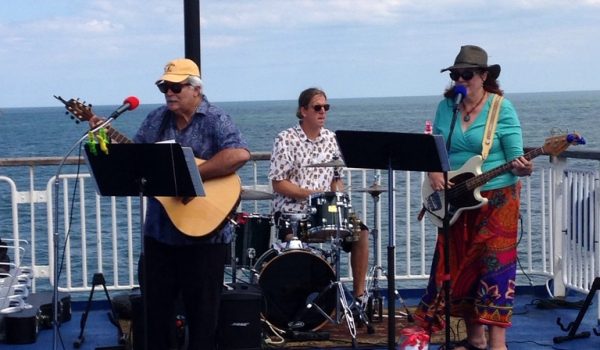
Sunday Jamz Cruises
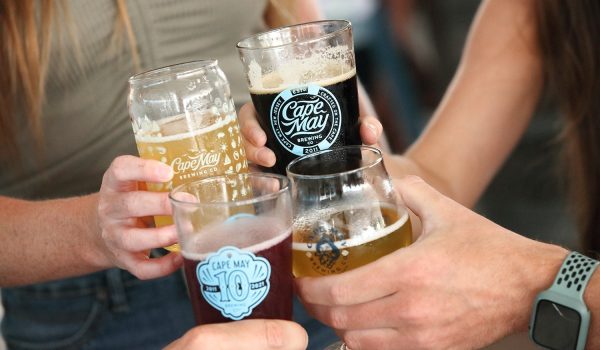
Brewery Shuttle Excursions: Cape May
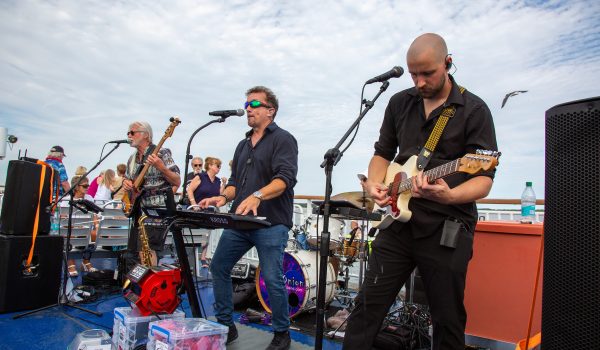
Rock the Boat | Summer 2026
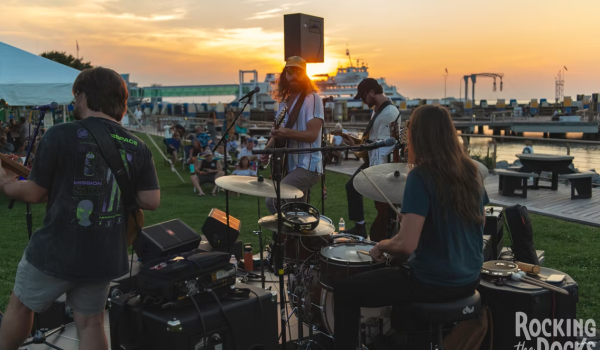
Grain’s Rocking The Docks: Waterfront Concerts in Lewes
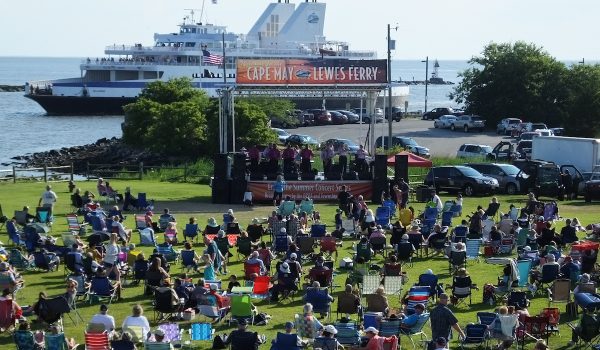
Wednesday Night Concert Series: Cape May
